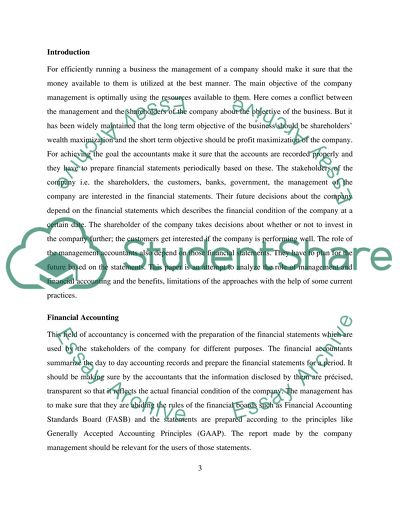Cite this document
(“Financial and Management Accounting: The Contribution to Effective Essay - 1”, n.d.)
Retrieved from https://studentshare.org/finance-accounting/1394850-financial-and-management-accounting-the
Retrieved from https://studentshare.org/finance-accounting/1394850-financial-and-management-accounting-the
(Financial and Management Accounting: The Contribution to Effective Essay - 1)
https://studentshare.org/finance-accounting/1394850-financial-and-management-accounting-the.
https://studentshare.org/finance-accounting/1394850-financial-and-management-accounting-the.
“Financial and Management Accounting: The Contribution to Effective Essay - 1”, n.d. https://studentshare.org/finance-accounting/1394850-financial-and-management-accounting-the.


